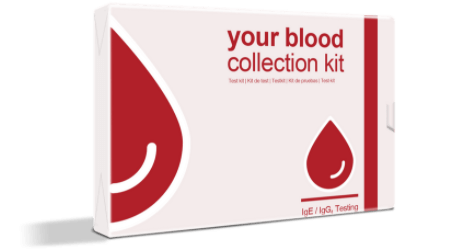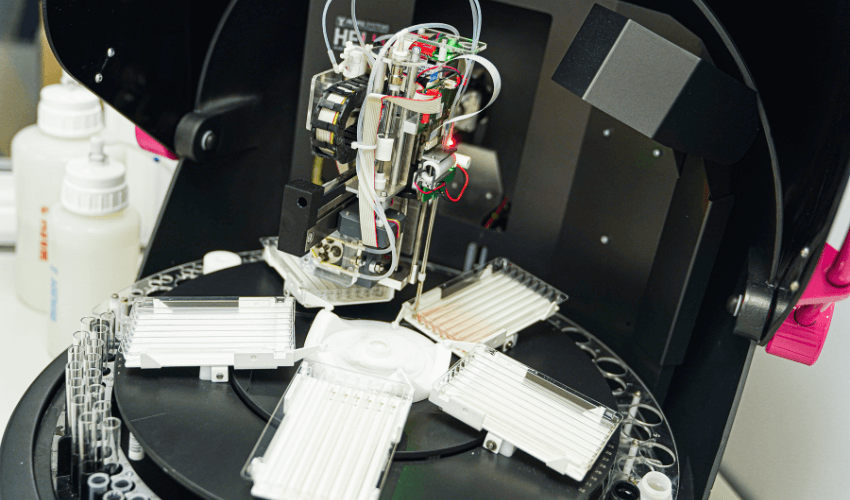Perhaps you’ve heard all about the science behind food sensitivity testing and want to know more about it. Or, perhaps you are considering it as a choice for your needs and simply want to know how it works in relation to the results that you are hoping to get. Regardless, there is a set and standard procedure for food sensitivity testing that makes it the reliable and evidence-driven testing method that it is. Here’s what you should know about its methods, process, and results.
The role of food sensitivity testing
Food sensitivity testing has a serious job to do when it comes to your provided samples. When the body isn’t able to digest something properly, it is considered to be a food sensitivity. The sensitivity could be mild, moderate, or severe. Whatever the case, your body is unable to digest the food comfortably, and this causes you discomfort.
Since these can be hard to diagnose on your own due to delayed reactions, unclear ingredients lists and more, food sensitivity testing is wonderful way to get reputable and worthwhile results that will help you to eliminate the problem food from your life or, at the very least, minimize it and free you from the symptoms. But what does the testing process actually involve?
The science of food sensitivity testing
The focus of this kind of testing is on the prominence of the IgG4 antibodies that are present in your body. While it’s totally normal — and required — to have these antibodies in your blood, the amount of them, and their presence in terms of their amount, is what determines what is out of the ordinary. When you have high levels of IgG4 in response to a certain food ingredient, it’s determined that you are sensitive to that particular ingredient. The higher they are, the more sensitive you are.
Why IgG4?
If you know much about testing, you also are probably aware that there are other antibodies that can be — and are often — used when testing in a lab. Results are always important, of course, but accuracy is also important. This is especially the case when it comes to diagnosing something like a food sensitivity. The use of IgG4 — and only IgG4 — is recommended for food sensitivity because this antibody is only present when there have been multiple exposures or reactions to food. This makes it a trustworthy indicator of sensitivity within your body. In turn, this makes sure that you avoid false positives as much as possible.
There are other ways in which you can test for food sensitivity, but monitoring and marking IgG4 antibodies in connection to. A wide spectrum of possible food ingredients is going to give you the best accuracy. This will make sure that you don’t avoid the wrong foods and that you are enjoying a symptom-free daily life as much as possible. You deserve to enjoy food again, and having accurate results is going to be a large part of that. Getting proper IgG4 antibody testing will be the key.



